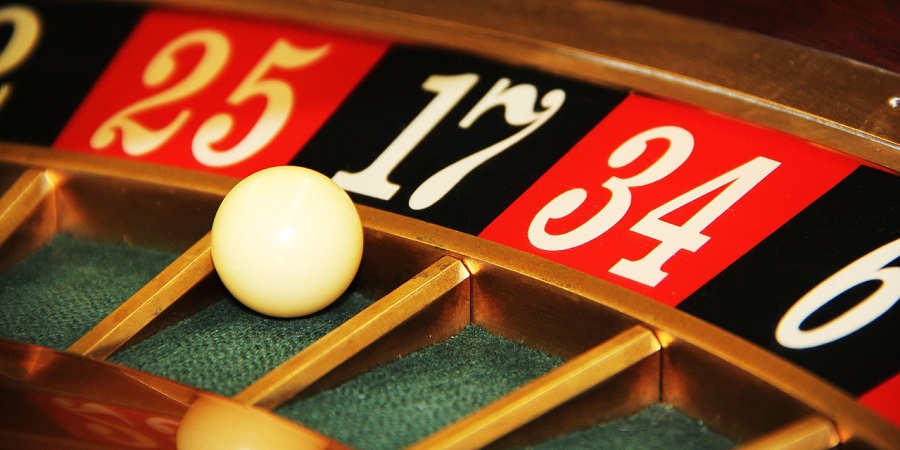Most people never consider how their morning coffee ritual resembles placing chips on red or black. Yet the parallels between daily routines and roulette run deeper than surface-level comparisons might suggest.
Psychology of Pattern Recognition
Human beings naturally gravitate toward patterns, whether choosing the same breakfast every morning or favoring specific numbers on the roulette wheel. This behavioral tendency stems from our brain’s desire to create predictability in an unpredictable world.
Online platforms like Queen Win Casino understand this psychological trait, designing their roulette games to appeal to pattern-seeking players. The European roulette wheel, with its single zero and 2.70% house edge, attracts millions of players who believe they can identify winning sequences. Similarly, people structure their daily routines around perceived successful patterns, believing that repeating certain actions will yield consistent positive outcomes.
The difference lies in statistical probability. While roulette outcomes remain truly random despite apparent patterns, daily routines can genuinely influence productivity, health and overall well-being through consistent positive actions.
Risk Assessment in Routine Decisions
Every morning presents a series of micro-decisions that mirror risk assessment at the roulette table. Choosing to hit the snooze button carries the risk of being late, much like betting on a single number offers high rewards with low probability.
Conservative players often stick to even-money bets in roulette, while risk-averse individuals prefer established routines with predictable outcomes. Morning joggers, for instance, consistently choose the low-risk, steady-reward approach of regular exercise over the high-risk, high-reward strategy of sporadic intense workouts.
The mathematical concept of expected value applies to both scenarios. A player betting consistently on red in European roulette faces a negative expected value of approximately -2.70% per spin. Conversely, someone maintaining a consistent sleep schedule of seven to eight hours nightly enjoys positive expected value through improved cognitive function, better mood regulation and enhanced physical health.
Time Management and Betting Strategies
Successful roulette players often employ systematic approaches to manage their bankroll and betting duration. Professional gamblers set strict time limits, predetermined loss thresholds and profit targets before entering a casino. These disciplined approaches mirror effective time management techniques used by productive individuals.
The Martingale betting strategy, where players double their bet after each loss, parallels the common productivity mistake of overcompensating after unproductive periods. Someone who skips their morning workout might attempt to exercise twice as long the next day, often leading to burnout or injury.
More sustainable approaches in both contexts involve consistent, measured actions. Flat betting in roulette maintains steady wagering amounts regardless of previous outcomes, while consistent daily routines build momentum through regular, manageable actions rather than extreme corrections.
Routine Variations and Game Selection
Different roulette variants offer unique experiences and house edges. American roulette features a double zero, increasing the house advantage to 5.26%, while French roulette includes the “en prison” rule that reduces the house edge on even-money bets to just 1.35%.
Similarly, routine variations serve different purposes and yield varying results:
- Morning routines: Establish energy and focus for the day ahead
- Work routines: Create structure and efficiency in professional tasks
- Evening routines: Promote relaxation and prepare for quality sleep
- Weekend routines: Balance productivity with leisure and social activities
The key lies in selecting routine types that align with personal goals and lifestyle constraints, much like choosing roulette variants that match risk tolerance and playing preferences.
| Aspect | Daily Routines | Roulette Strategy |
| Control Level | High personal control | Limited control over outcomes |
| Skill Development | Builds habits and competencies | Develops betting discipline |
| Long-term Results | Generally positive with consistency | House edge ensures negative expectation |
| Adaptability | Can adjust based on feedback | Must adapt to unchanging probabilities |
| Social Impact | Influences relationships and productivity | Entertainment and social interaction |
Role of Superstition and Belief
Many roulette players develop elaborate superstitions around lucky numbers, specific dealers or particular times to play. These beliefs create psychological comfort but have no impact on actual outcomes, since each spin remains independent of previous results.
Daily routines can develop similar superstitious elements. Someone might insist on wearing specific clothing items during important presentations or following exact sequences of actions before starting work. Unlike roulette superstitions, routine-based beliefs sometimes create genuine psychological benefits through increased confidence and reduced anxiety.
The placebo effect works powerfully in routine contexts. If someone believes their morning meditation improves decision-making capabilities, this belief often translates into actual performance improvements through enhanced focus and reduced stress levels.
Building Sustainable Systems
Professional gamblers who survive long-term focus on bankroll management rather than trying to beat mathematical certainties. They accept losses as part of the experience while maintaining strict discipline around betting limits and session duration.
Successful routine builders apply similar principles by focusing on consistency over perfection. Rather than attempting dramatic lifestyle overhauls that typically fail within weeks, they implement small, sustainable changes that compound over time.
The concept of variance applies to both contexts. Roulette players experience winning and losing streaks despite consistent strategy application. Similarly, people following solid routines encounter good days and challenging days while maintaining overall positive trajectories through persistent adherence to beneficial habits.






